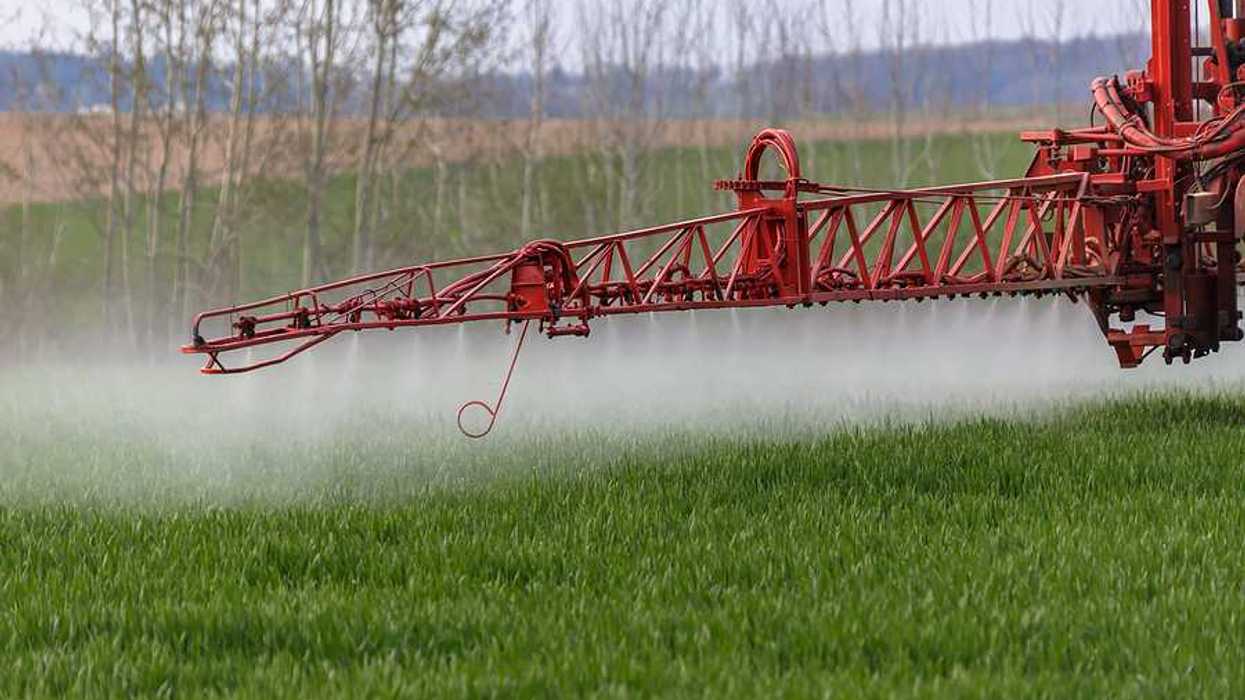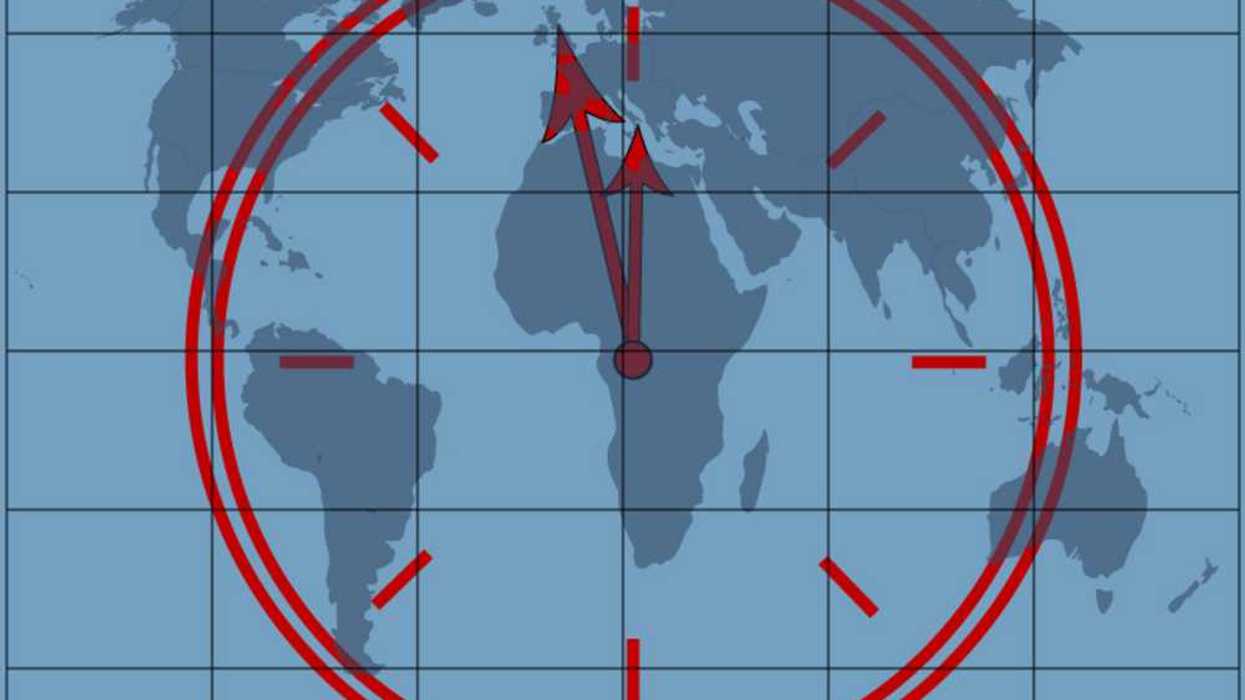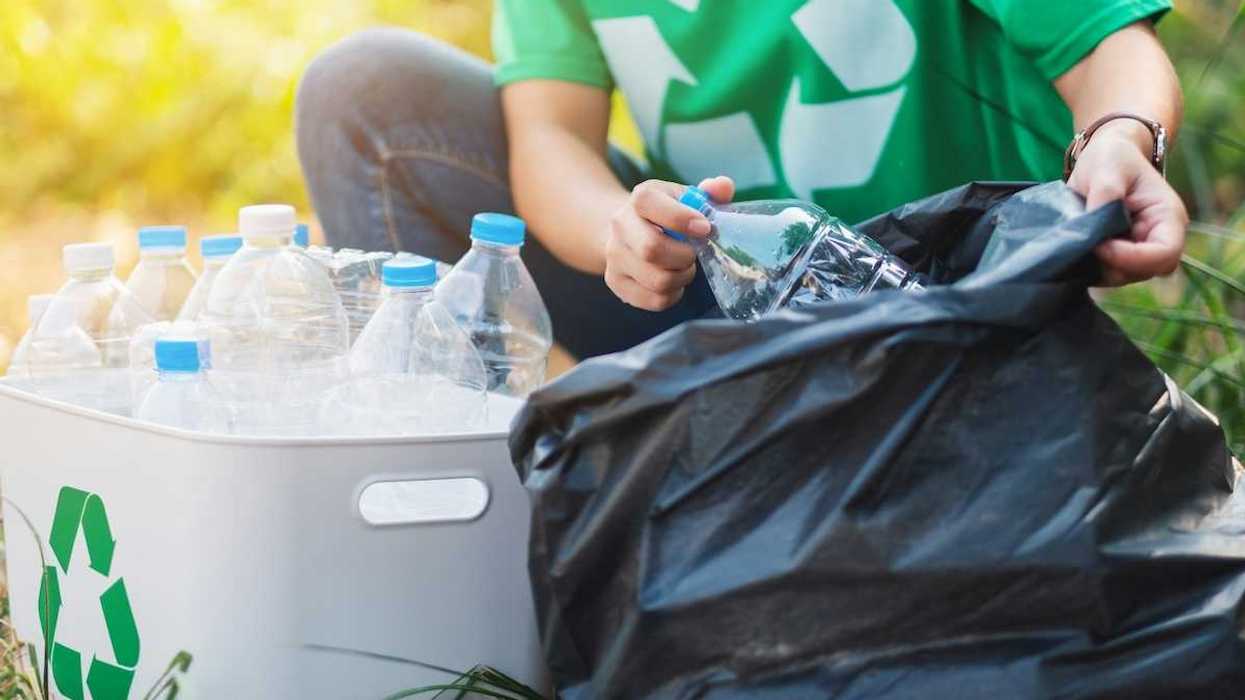Pesticides are disrupting fish social behavior across species and ecosystems, potentially weakening aquatic populations and destabilizing food webs before visible die-offs occur.
Kyle Morrison writes for The Conversation.
In short:
- A new analysis of 37 global studies found that pesticide exposure consistently reduces fish sociability, including courtship, group formation, and territorial defense.
- Glyphosate and similar pesticides appear to have the strongest behavioral effects, likely by interfering with hormones and brain function.
- Most studies rely on a narrow set of species and unrealistic exposure scenarios, making it harder to gauge real-world impacts on diverse aquatic communities.
Why this matters:
Fish are vital to aquatic ecosystems, not only as a food source but also as drivers of ecosystem functions like algae control and nutrient cycling. When pesticides alter fish behavior, entire food webs can begin to fray. These changes often occur quietly, long before fish kills appear, making them harder for regulators to detect or prevent. Pesticides such as glyphosate are now turning up in waterways around the world, and their sub-lethal effects could ripple through ecosystems for generations. As farms and cities continue to use chemicals near rivers and coasts, the behavior of fish may offer a hidden early warning signal that water quality and biodiversity are under threat.
Learn more: Pesticides are all over the St. Lawrence River — many at levels that hurt fish and invertebrates














